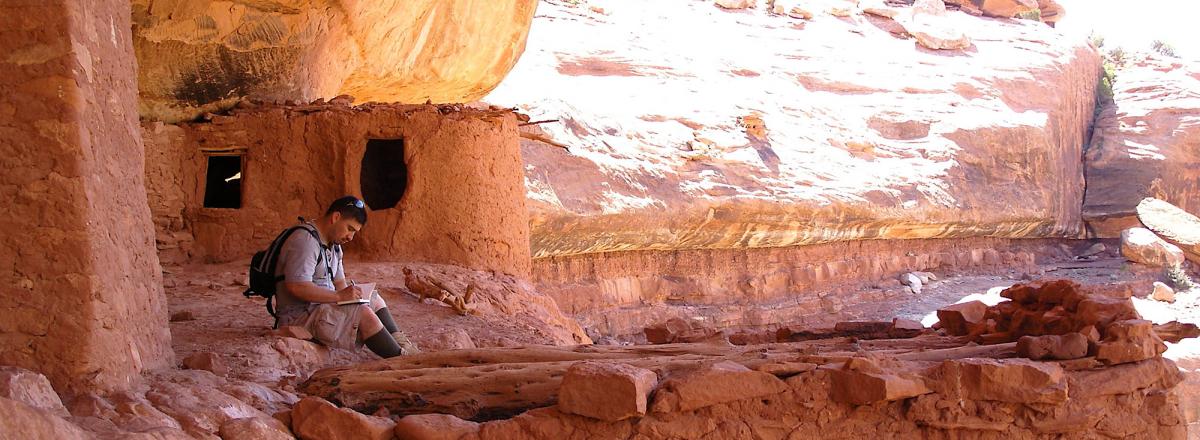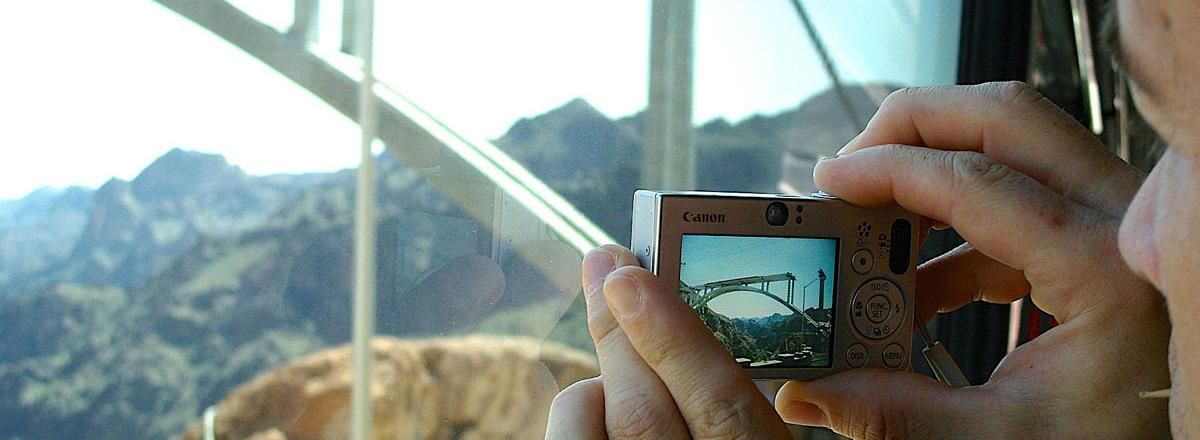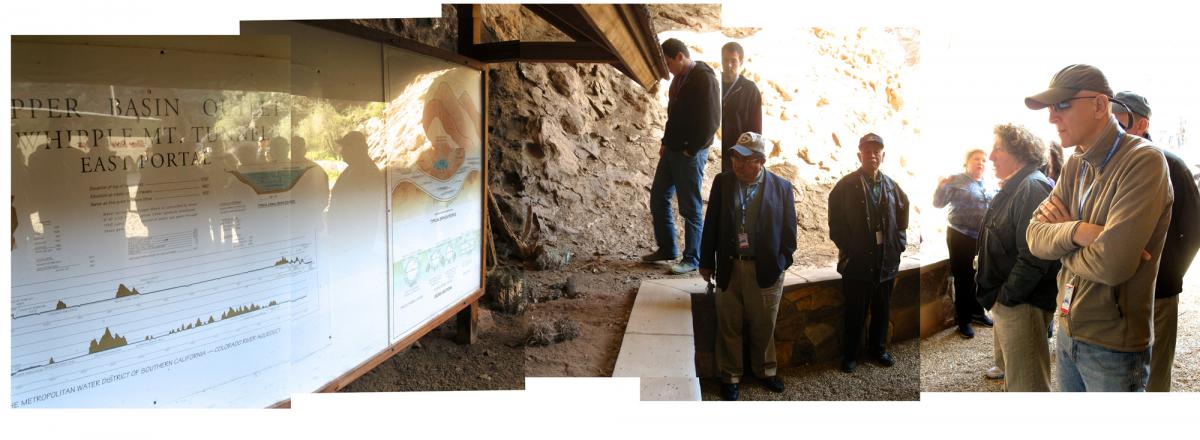Field Study
Direct observation, community-based collaborations, service learning and civic engagement are central to ALI’s research and teaching methods. While regional in focus, ALI strives continually to place US-based research in global context. Field-study may range from short-term intensive travel in the US West to semester-long exchanges with partner programs abroad to self-directed field research.
Arid West
ALI’s two-week immersive exploration of the arid West introduces students to the challenges, successes and failures of 10,000 years of drylands design. With a rigorous itinerary, reader, and calendar of outside speakers including engineers, policy analysts, tribal leaders, anthropologists, theologians, farmers, architects, and land artists, the trip is a mobile transdisciplinary seminar, open to students and instructors of all programs, all disciplines.
Acequia Culture
ALI maintains a long-term partnership with the people of the Lower Embudo Valley, in northern New Mexico. The landscape and culture of the lower Embudo have been shaped by acequias, an ancient irrigation and governance method with Arab and Spanish roots. Traditional, progressive, and contested, the Lower Embudo Valley is a powerful teaching landscape, offering real-time insights into the hydrologic, cultural, and political challenges of adapting to climate change.
Southern California
The complex web of coupled natural-human systems supporting Southern California and its neighbors offers vast opportunity for drylands design field study, from rethinking Bay/Delta conveyance systems or Central Valley cropping patterns to food-water-energy nexus mapping and transboundary water-management on the US/Mexico border. Students may explore hands-on fieldwork and outreach opportunities in conjunction with local partners, testing demonstration strategies at the scale of the watershed, neighborhood, block, or home.
International Exchanges
ALI envisions water-smart design in the US West serving as a model for drylands development globally; equally, we recognize the need to learn from water innovation societies, industrial and traditional, globally. ALI is building exchange opportunities with institutes and universities in drylands around the world. A growing consortium of collaborators offers students field work and study opportunities in Israel, Spain, Italy, Morocco, Australia, India, Mexico, and South Africa.




